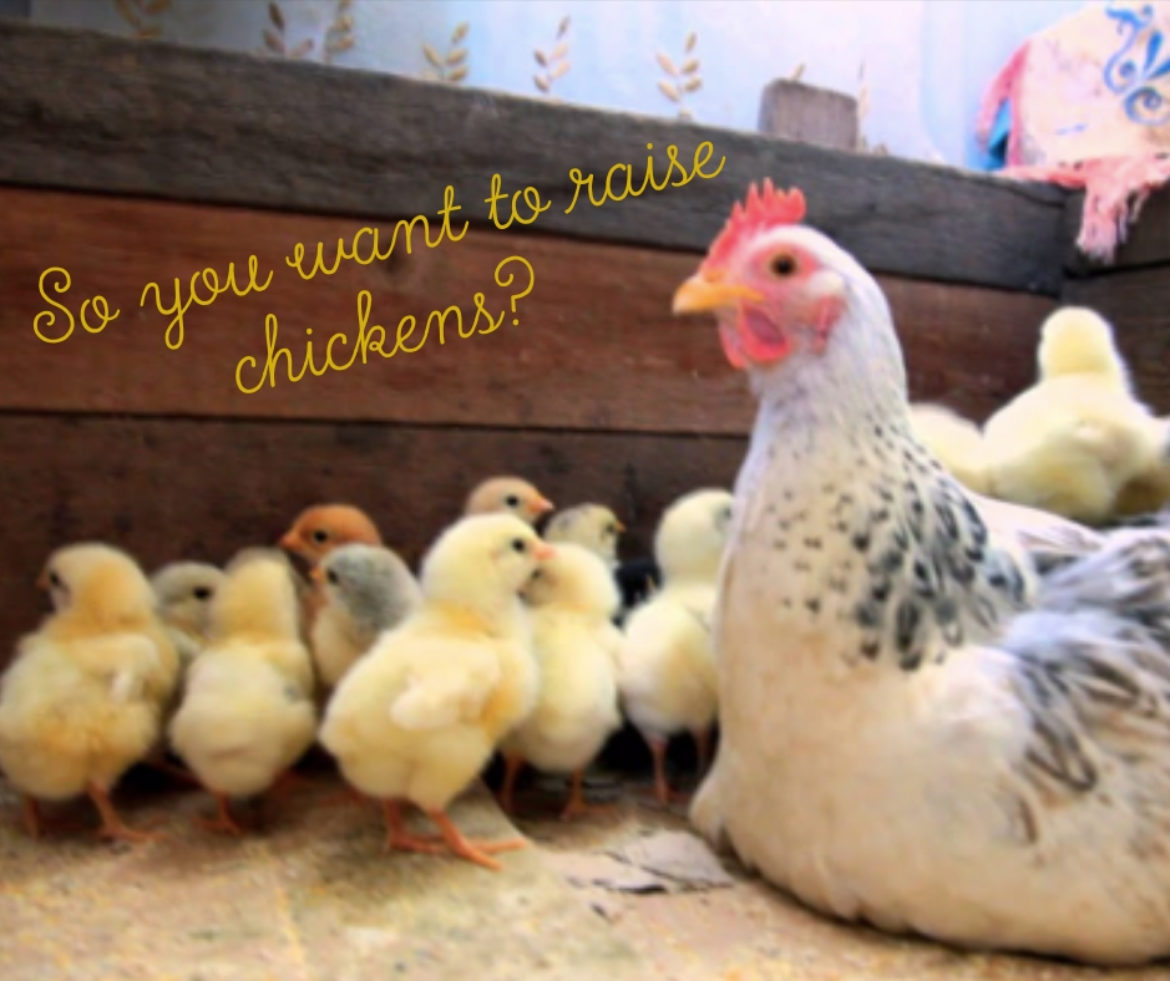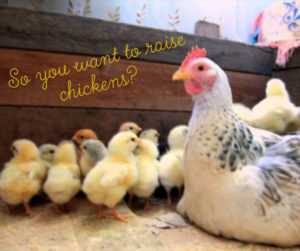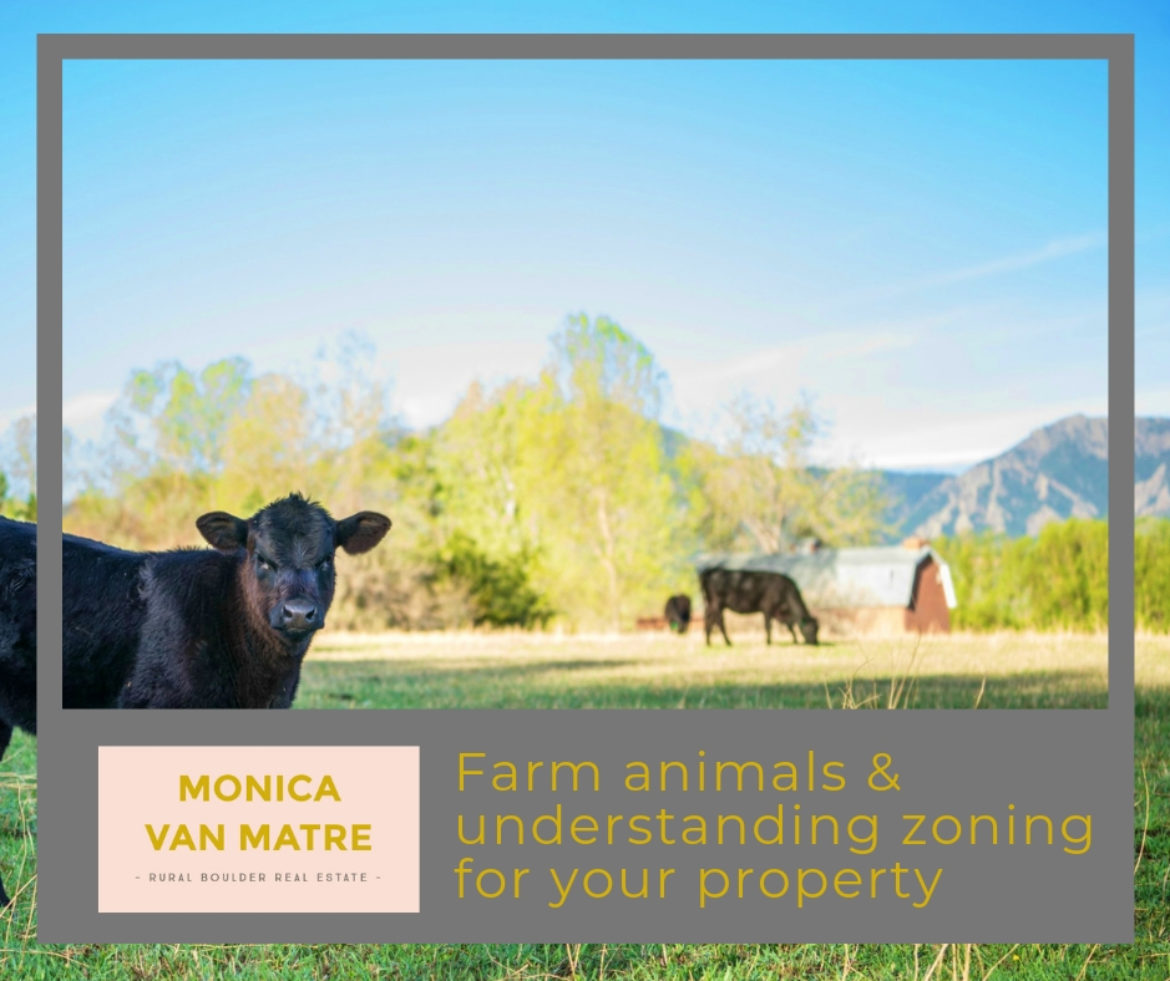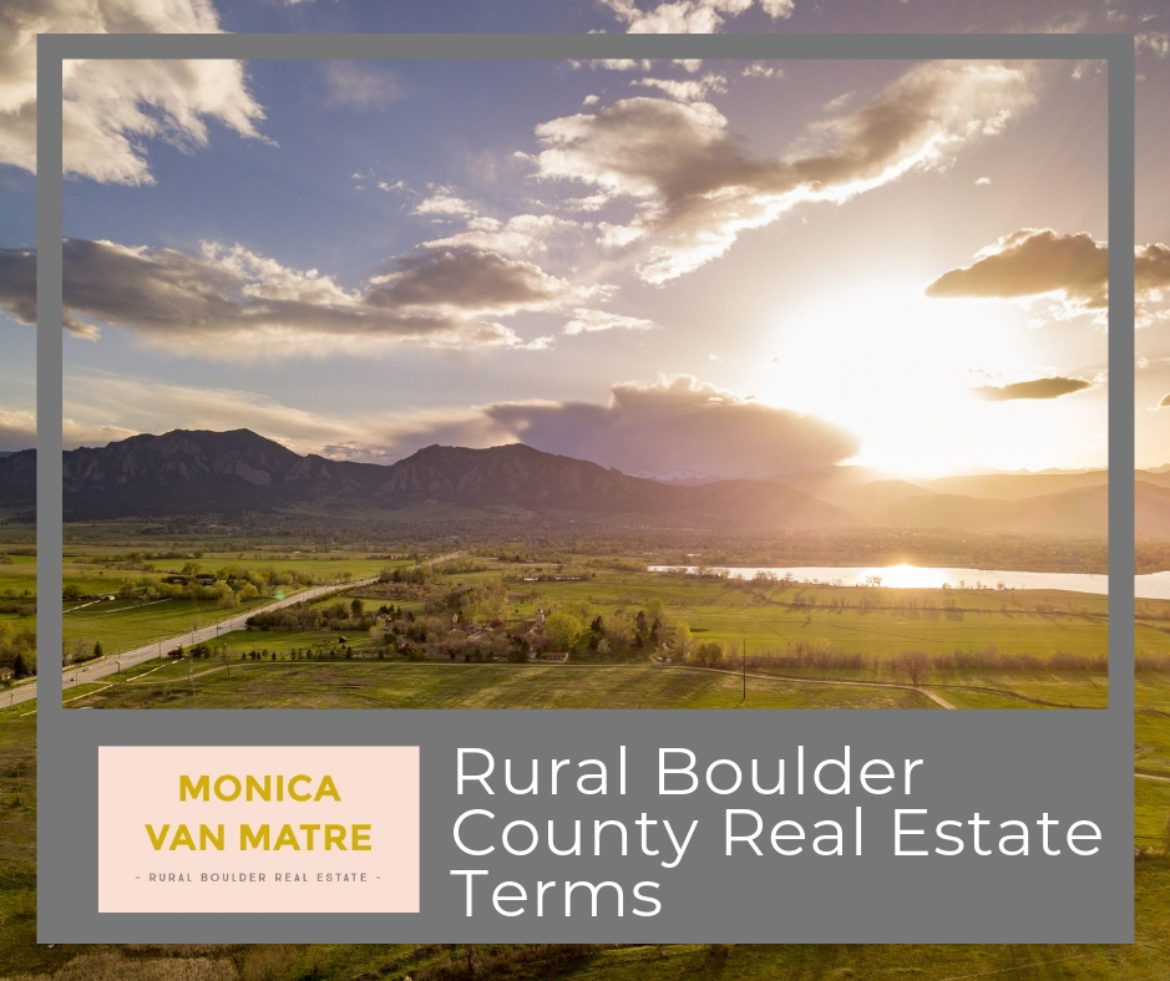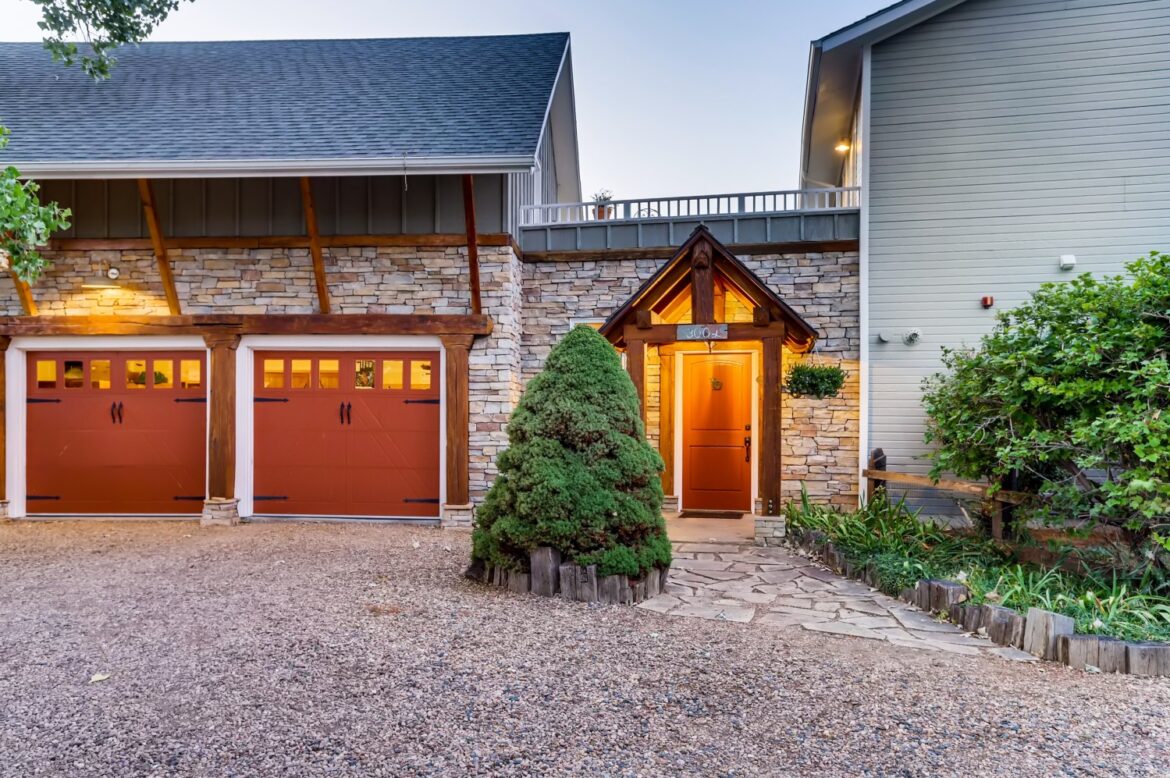
Boulder County Home and Garden featured an article on my newest listing. This one has such a great history and results!
Nothing exemplifies rural life like an old, wooden dairy barn. But Boulder builder Judy Knapp takes the country life a step further by living in one.
Growing up in more formal surroundings, Judy wanted something she could live in day to day. “I didn’t want the kind of rooms you try to keep kids out of,” she says. So on their 25th wedding anniversary, her husband, architect Johnny Knapp, asked Judy how she’d like to celebrate. The answer came as no surprise to him: “I want to live in a barn.” Shortly afterward, the Knapps traveled to New England on a barn-shopping spree, but came home empty-handed. Then Judy picked up a free newspaper in her driveway to skim the ads, and there it was: A couple was selling their family’s century-old dairy barn in Greensburg, Pa., to pay for a house in Colorado.
As luck would have it, a co-worker of Johnny’s was traveling near Greensburg. She agreed to pop over and videotape the barn. Built around 1900, the barn had amassed quite a bit of character—layers of it, in fact. The voice on the video sounded dubious: “I’m kind of scared to go in there. I might fall!” Undeterred, the Knapps focused on the quality of the lumber that lay beneath the dust and age. Satisfied that this was the barn for her, Judy offered to buy it, but discovered she was in line with at least 30 other interested parties. Yet when she told her story to the owners, they found it compelling. “It’s karma,” they concluded, and agreed to sell her the barn.
Read the full article at Boulder County Home and Garden


